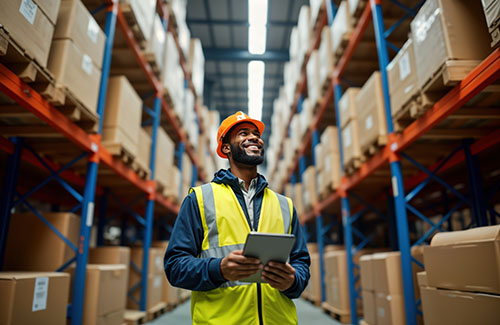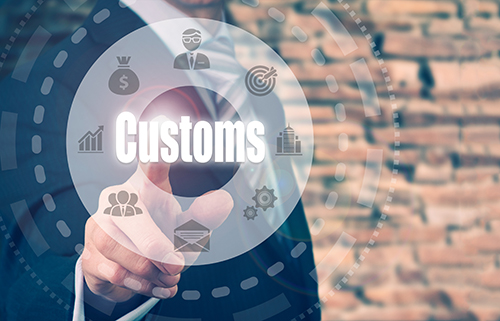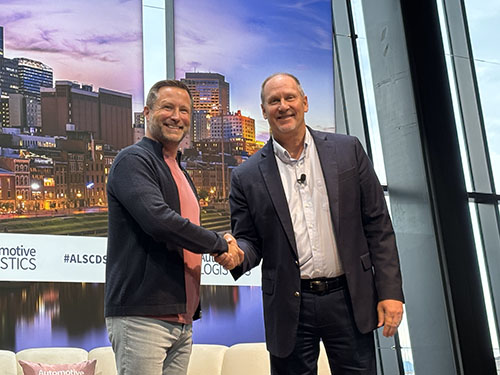Our new EV Battery Warehousing, Transportation, and Storage Handling Guideline —created in collaboration with OEMs, battery manufacturers, suppliers, and technology providers — helps you do just that, with critical guidance on the safe storage, warehousing, transportation, and performance monitoring of EV batteries.
Read More
AIAG Training & Tools for Global Materials Management Success
Achieving operational excellence in today’s automotive supply chain requires more than just meeting the basics—it demands best-in-class standards, practical tools, and ongoing skills development. That’s why thousands of global suppliers and OEMs trust the Global Materials Management Operations Guideline/Logistics Evaluation (MMOG/LE) as the benchmark for materials management excellence.
Read More
AIAG CTPAT/AEO Program: CBP-Recognized Best Practice for Automotive Supply Chain Security
Staying ahead of evolving customs and security requirements is critical for automotive importers and their supply chain partners. In a significant endorsement of industry collaboration and innovation, U.S. Customs and Border Protection (CBP) has named the AIAG CTPAT/AEO – Supply Chain Security Management Program an official best practice for meeting CTPAT/AEO requirements.
Read More
Automotive Supply Chain Prophets – Must-Listen Episode
Curious about the future of secure, seamless data sharing in the automotive industry? In the latest episode of the Automotive Supply Chain Prophets podcast — co-hosted and sponsored by AIAG — Chief Transformation Officer Kevin Piotrowski joins the conversation to unpack Catena-X: the collaborative network that’s redefining how the industry connects, shares, and thrives.
Read More
Stay informed and compliant with AIAG’s growing library of customs and trade tools, trainings, and webinars — designed to support your team through regulatory shifts, tariff policy changes, and global trade program updates.
Automotive Trade Compliance Masterclass: Navigate Global Regulations, Mitigate Risk, and Earn CE Credits
As global trade regulations grow more complex, understanding key tariffs, regulatory frameworks, and customs compliance challenges is more essential than ever — which is where our new, exclusive Automotive Trade Compliance Masterclass comes in.
Read MoreUniting Minds. Elevating Standards. Giving Back.
Thank you to everyone who joined us June 11th at the annual AIAG Charity Golf Outing in support of Camp Quality! With 16½ foursomes and the collective generosity of our members, we raised over $7,000 to help Camp Quality deliver hope and unforgettable experiences to children facing cancer.
Read MoreThe Automotive Industry Action Group (AIAG) is proud to announce its role as the official North America hub for Catena-X — the first open, secure, and standardized data network for the entire automotive value chain. AIAG’s Chief Transformational Officer, Kevin Piotrowski, took the stage at this week's Automotive Logistics & Supply Chain Digital Strategies North America event in Nashville, joined by Jon Jacobson, Enterprise Sales Leader at IBM and Catena-X Board Member to mark the occasion.
Read More
Three OEMs. One Powerful Conversation.
When executives from Ford, GM, and Toyota sit down to tackle supply chain risk, volatility, and the future of the industry, it’s a conversation you can’t afford to miss.
Read MoreFor more than 42 years, AIAG has united stakeholders across the automotive supply chain to drive industry standards and deliver continuous improvement. Today, we’re not just keeping up with the times — we’re helping lead the transformation with EV.
Read More





.png)


.png)

